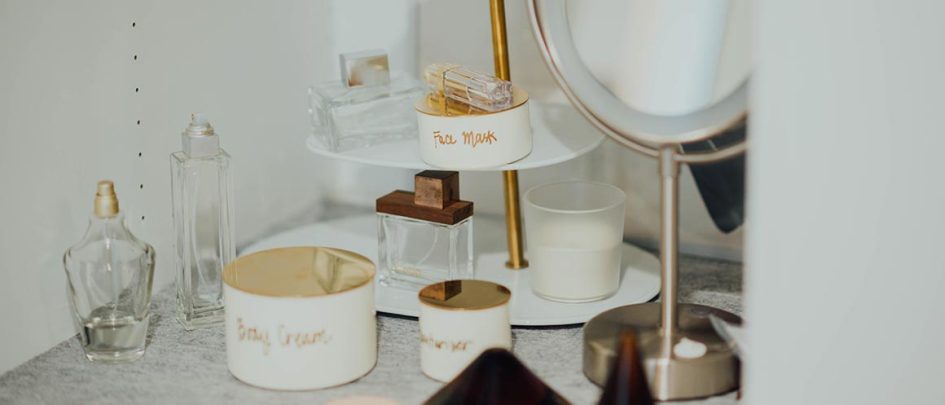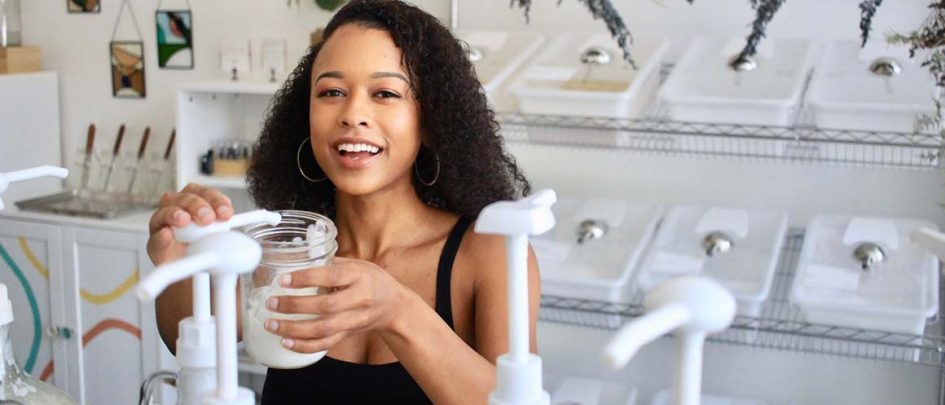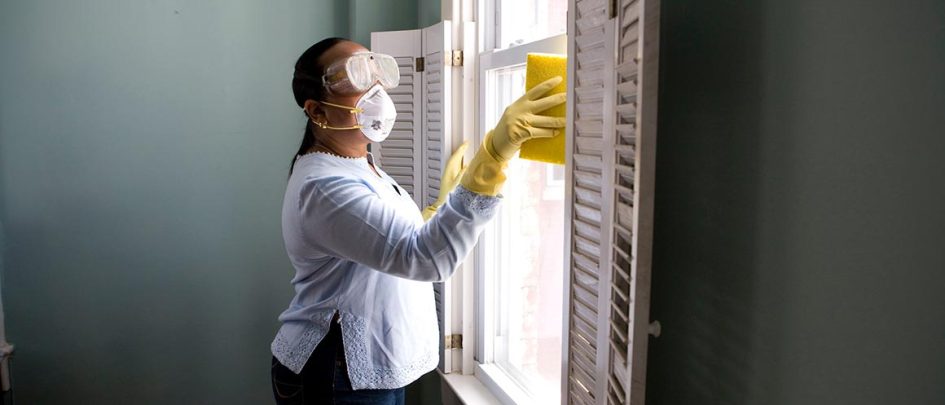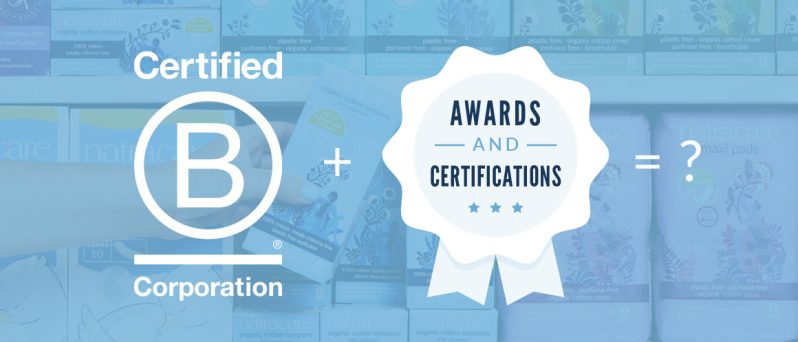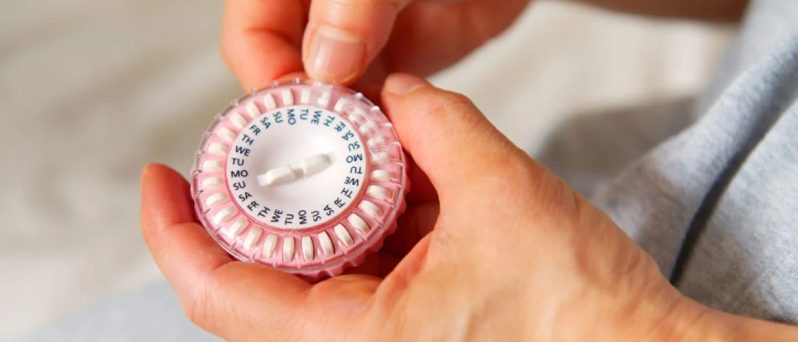This guest blog post is written by our friends at Spruce.
Plastic is a material that’s virtually used in every industry and without which modern life as we know it wouldn’t exist. For example, plastic has helped to revolutionise healthcare, being widely used to create a range of medical devices. But we’ve become so reliant on the convenience it can provide that we even use plastics in areas of our lives where it’s simply not needed. Some plastics are even hidden in plain sight!
We know you’re aware of how bad plastic is for the environment, but have you considered how plastic might be impacting on your health?
Here are 5 health-related reasons why you might want to reconsider your plastic consumption
-
Plastics have been linked to falling fertility rates
In recent years fertility rates and sperm counts have been on the decline. In fact, according to this study, between 1973 and 2011 sperm counts in a sample of Western people had decreased by 59%. It’s thought by some researchers that endocrine disruptors like phthalates (found in plastics, pesticides, and several household products) might be partly to blame for falling sperm counts. What’s more, infertile women have been found in this study to have higher levels of BPA in their bodies than fertile women, which could suggest exposure to BPA and plastic can affect female fertility too.
It’s also believed that exposure to endocrine disruptors can also affect puberty.
-
As plastic breaks down in the environment to create microplastics, we end up consuming it
It’s estimated that we consume approximately 5g of plastic each week from our food. On our plates, microplastics have been found in seafood, sea salt, honey and even vegetables. Another way we may ingest plastic is through drinking bottled water. The health impacts of ingesting plastic particles are currently unknown, but it’s thought that some pieces might be small enough to penetrate human tissue and cause immune reactions. It’s also thought that some of the plastics we may ingest could leach toxic substances into our bodies.
-
Ingesting plastic through food has been linked to IBS and IBD
The number of newly diagnosed inflammatory bowel disease cases have been increasing worldwide, especially in countries that are becoming more industrialised. Recent research has linked this spike in gut problems in the Western world to plastics found in food containers. Even the plastic containers marked BPA-Free that contain BPS (bisphenol S) or BPF (bisphenol F) may still impact the food that we eat.
-
Inhaling microfibre particles from clothes (think polyester) is linked to respiratory problems
Thanks for nothing, fast fashion. Polyester fibres that come off our clothes are so small that they can get mixed up with dust in our homes and we might breathe them in without even noticing. Once you breathe in plastic microfibers, they may linger in your lungs because they can’t break down. This can cause inflammation in your lungs and lead to diseases like asthma and pneumonia.
-
Plastic in menstrual products may make your periods more uncomfortable
Period products that contain plastic can make it difficult for your skin to breathe. This can create a sweaty environment for your intimate skin and encourage unwanted bacterial growth. In fact, research with gynaecologists in the UK shows that 1 in 3 suffering from vulval itching might be due to contact with synthetic materials. The average pack of conventional pads contains the equivalent to five carrier bags of plastic.
5 simple plastic free swaps
- Single-use plastic bottles – bottled water contains more microplastic particles than tap water. So if you’re able to, try to stick to tap water and refillable water bottles for when you’re out and about!
- Try switching from plastic food containers to glass or stainless-steel containers instead!
- Choose organic produce that is free of plastic packaging where possible. You can avoid this by taking containers with you to stores that offer refills or choosing loose fruit and veg.
- Switch to refillable products where possible, starting with cleaning products. Spruce refillable cleaning products are free of single-use plastics. Buy the refillable bottles once, and get a subscription of concentrated, plastic free cleaning product refills sent to your door. All you have to do is add tap water at home.
- Switch to plastic-free menstrual products, like Natracare. Your vulva and vagina are some of the most absorbent parts of your body. Given that an average person who wears a tampon spends around 7 years of their life wearing one, plastics simply do not belong there!
Lastly, we want to reiterate that no matter how much we reduce our plastic consumption, it’s the 20 global corporations who are responsible for 55% of all plastic waste. Do what you can and remember it’s okay to slip up, and not all swaps may be accessible you. You don’t have to be the perfect consumer to lead a lifestyle that will benefit your health and the planet!
The team at Spruce!
Spruce produce refillable cleaning products that are free of parabens, phthalates, and synthetic fragrances. Mahira, Spruce’s founder, started the company when she was looking for safer, more environmentally friendly cleaning product options.

